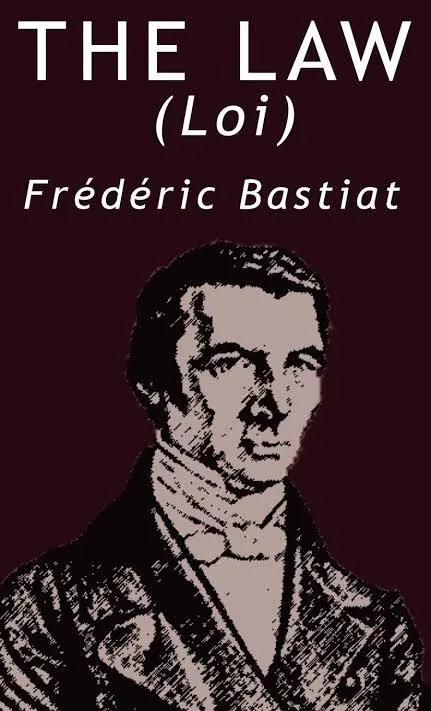
Any Nigerian reading Frederic Bastiat’s essay “The Law” would ruminate over the country’s political structure and economic system. To say that the French writer did not specifically carve it for the West African nation would sound outlandish. Meanwhile, Nigeria might even be far away from Bastiat’s mind when he penned his essay.
First published in 1850, “The Law” captures the real picture of the present-day Nigerian situation and many happenings in the 21st century across the world. Its lessons and assertions are still freshly stricken as if it was written yesterday.
The central theme of the essay, law perversion, today, is a miserable bee stinging every political action to epilepsy. The principal purpose of the law formulation — or its primary function — is to protect the lives and properties, and safeguard the liberty of individuals in society. Law, says Bastiat, is “the collective organisation of the individual right of lawful defence.”
Unfortunately, in the 21st century, just like in Fedrick Bastiat’s era, the law is perverted. It has completely veered from its purpose which it meant to serve. Instead of seeking justice, the law now serves as an instrument of achieving injustice; it has become a deadly weapon for fighting and annihilating the lives and properties that it is meant to protect, and the law enforcement agencies become the chief infringer of the rights it sworn to enforce.
When the legal regime glorifies the oppressors and the oppressed find no justice in the judiciary, then you know the law is perverted.
Legal plunder
Looking around, plunder is the definition of the Nigerian political and economic hemisphere and other countries where politics has turned into a get-rich-quick scheme. People in power produce nothing of value, but they are the richest in the country. Have you ever wondered why?
It is legal plunder. To define this term, Bastiat says, “see whether the law takes from some persons that which belong to them, to give to others that which does not belong to them.”
In the 21st century, to find a country that would be exonerated from Bastiat’s concept of legal plunder is almost impossible. In Nigeria, the government — and the people — believe that mineral resources beneath an individual’s land are owned by all the citizens. “It’s a gift from God,” they claim; forgetting that their only justification is because the law appropriated it to the government, saying it is for the benefit of all. No moral rule asked a God-given gift be taken forcefully from those it is given.
If anyone feels attached to oil money without having a land full of the black stuff, then nothing differentiates such an individual from the government officials who get fat pockets to squander the minerals’ proceeds.
Normally, plundering is a punishable offence, but legal plunder empowers politicians — and some citizens — to steal while the law protects them from prosecution.






